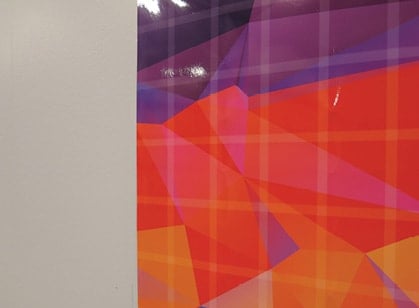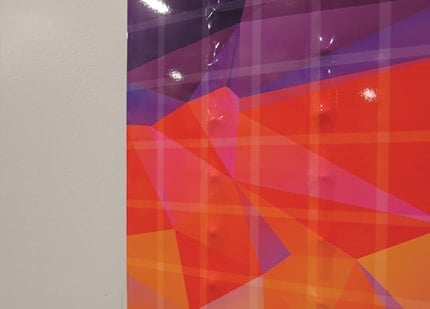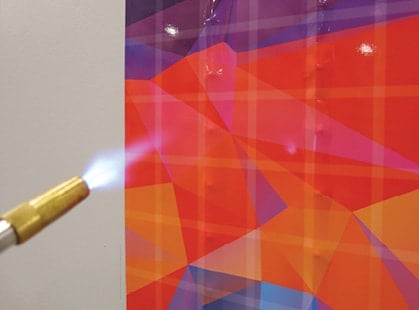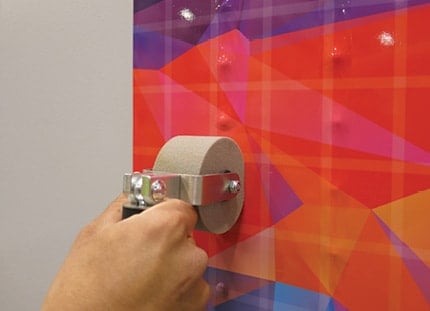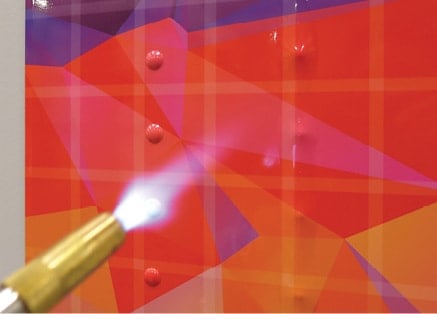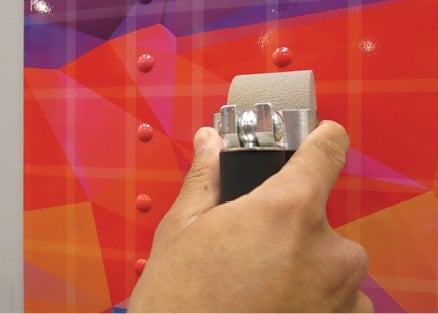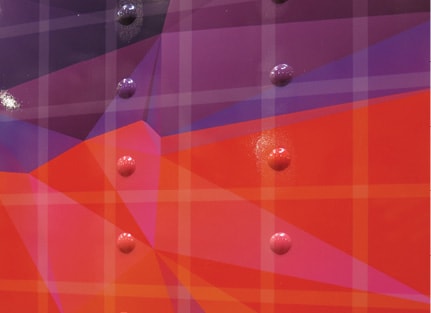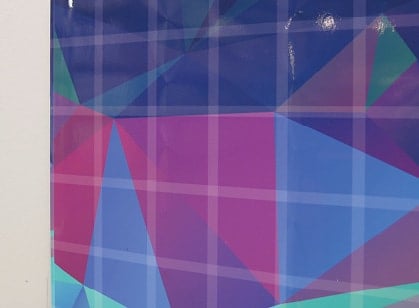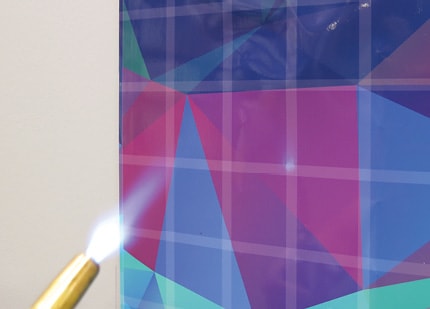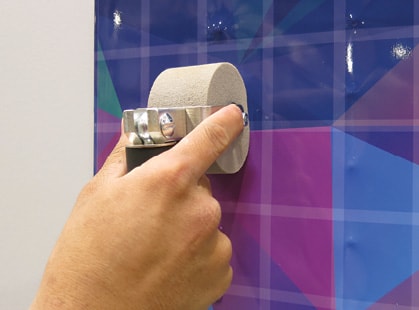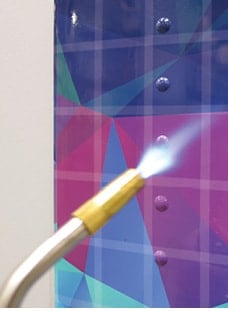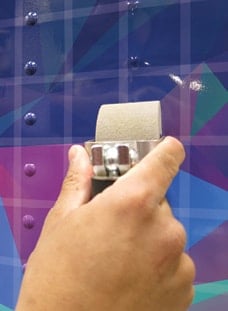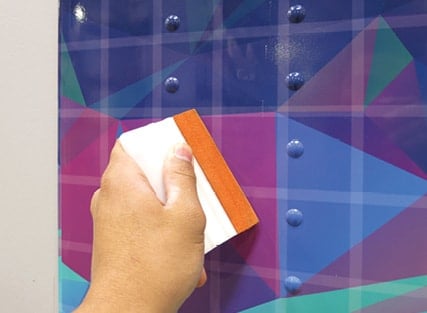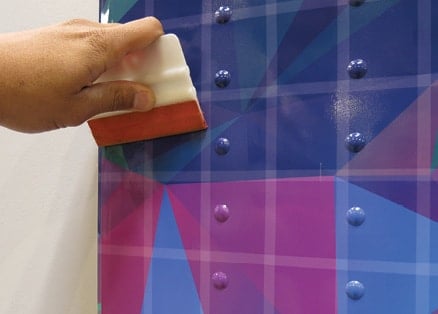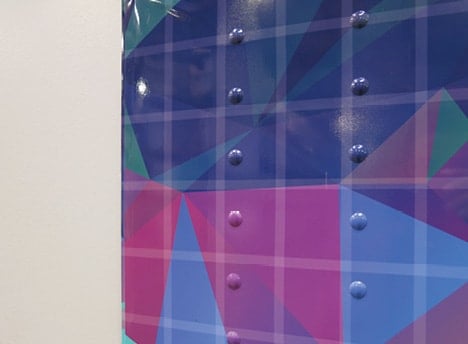
-
 Europe, Middle East, Africa | English
Europe, Middle East, Africa | English
 North America | English
North America | English Latin America | Español
Latin America | Español Latin America | English
Latin America | English Australia, New Zealand | English
Australia, New Zealand | English Europe, Middle East, Africa | English
Europe, Middle East, Africa | English Europe, Middle East, Africa | Français
Europe, Middle East, Africa | Français Europe, Middle East, Africa | Italiano
Europe, Middle East, Africa | Italiano Europe, Middle East, Africa | Deutsch
Europe, Middle East, Africa | Deutsch Europe, Middle East, Africa | Polski
Europe, Middle East, Africa | Polski Brazil | Portuguese
Brazil | Portuguese
